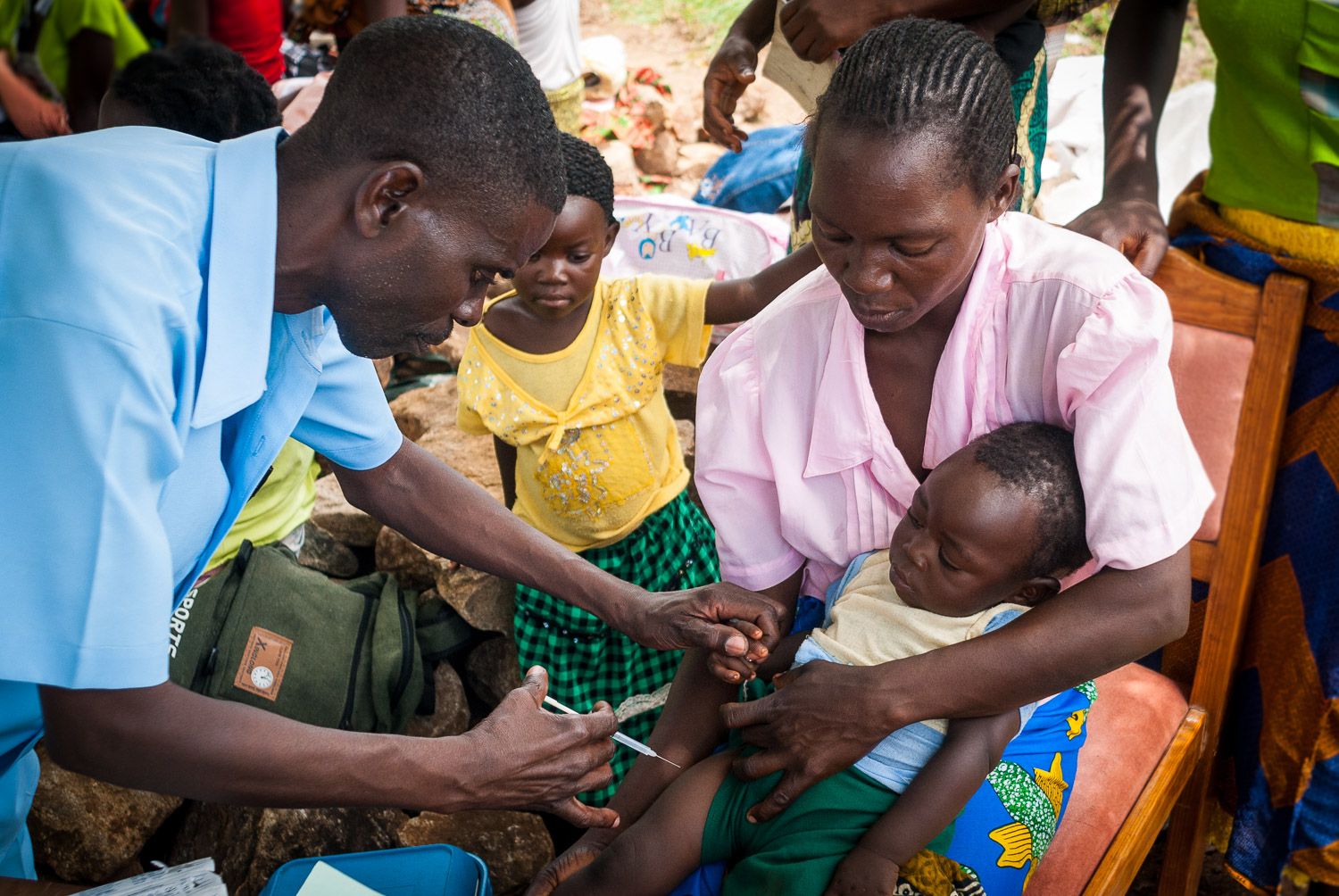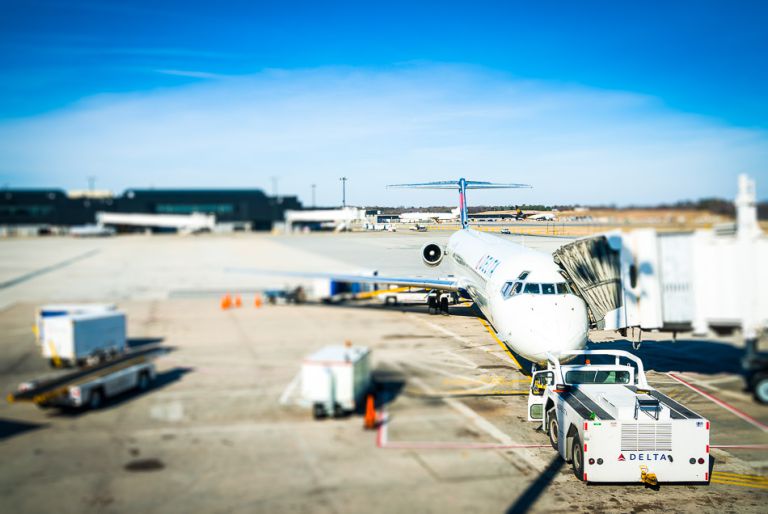Feb 14, 2012, 11am
On the second Tuesday of each month, about 6km beyond the village of Mpemba, where the narrow road hugs a hillside over rocks and streams, there is a clinic. The clinic isn’t a flashy building with bright hallways and fancy equipment, although there is a lot of natural light. There isn’t even a building at all. On these Tuesdays, where the road ends, under the shade of trees in a clearing, health workers from the Mpemba Healthy Center set up tables and chairs, hang a scale from a branch, open their boxes of vaccines and provide basic healthcare to the more than 60 women and their children who come for their only regular access to healthcare.
We arrive with the clinic nearly over. With our morning flight from Lilongwe to Blantyre cancelled, we made the 5 hour drive with UNICEF Malawi, and have reached the village later than we had planned. But what a welcome. There is singing. Dancing. Smiling faces and excitement that we have come to see this success story.
Starting in 1990, Health Surveillance Assistants (HSAs; dressed in blue, above) from Mpemba began this clinic, initially serving about 20 women. The roads too steep for biking, mothers walk for hours over mountain paths, children wrapped tight or in tow, to reach the clinic. In a region and a country where resources are scarce, the clinic became a beacon for nearby residents. About 60 women and their children are seen at each monthly visit now, and the gathering has become quite an event.
After introductions of the HSAs, their work resumes. Coolers are opened. Vials of vaccine are prepared. Women queue with their children, appearing eager to be seen by the HSAs. Mothers carry little booklets for their children – or sometimes just a tattered scrap of paper – that lists previous immunizations and weight measurements. The listings are checked, and the correct immunizations are administered. Tetanus. Polio. The newly-introduced pneumococcal conjugate vaccine (known in North America as Prevnar).
But Malawi is now using the vaccine in real time with developed nations, and the HSAs tell us there is extraordinary demand. With each injection comes progress.
When the pneumococcal vaccine was introduced in Malawi just a few months ago, on World Pneumonia Day, the country became yet another developing nation using a cutting-edge product that had arrived on the North American market just a year prior. This kind of delay used to last 20 years – a gap could cost a lot of lives and lost productivity. But Malawi is now using the vaccine in real time with developed nations, and the HSAs tell us there is extraordinary demand. Some of the children at today’s clinic are receiving their third and final dose, affording them the vaccine’s full protection from pneumococcal infections. With each injection comes progress.
Other mothers move toward a different tree, where another HSA is weighing children in a sling connected to a scale hanging from a branch. As I approach to watch the mothers expertly transfer their swaddled children from their backs to the sling, the HSA calls out the weights to me. “Eleven kilos!” she shouts, with pride and a smile, as the mother takes notes. I have no idea where eleven kilos places that child on a growth chart, but I suspect that in such remote locations where the road ends, that number is higher than it would be without these passionate HSAs and Mpemba’s mobile clinic.




